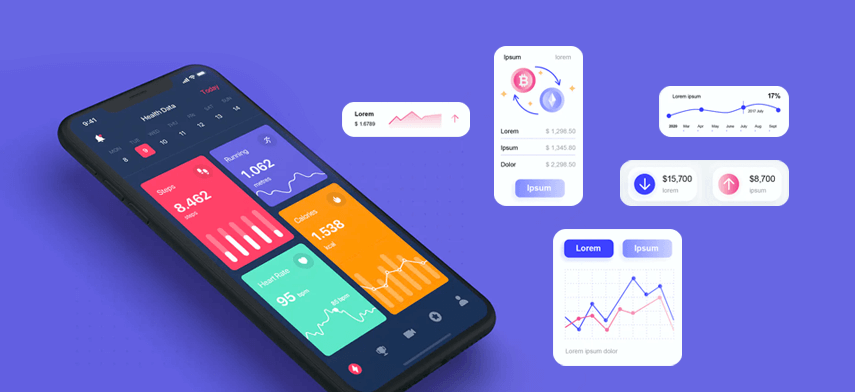In today’s digital-first economy, mobile applications have become essential tools for businesses to engage users, build loyalty, and generate revenue. However, simply creating an app is not enough. Success depends on understanding how users interact with it, identifying what works, and uncovering areas for improvement. This is where app analytics plays a critical role. App analytics provides businesses with deep insights into user behavior, engagement patterns, and app performance, enabling them to make data-driven decisions that enhance customer experience and drive growth.
At its core, app analytics refers to the process of collecting, measuring, and analyzing data generated by mobile applications. This includes tracking user actions such as downloads, session length, screen visits, in-app purchases, and retention rates. By leveraging these insights, developers and businesses can better understand what attracts users, what keeps them engaged, and where they might drop off. This information is invaluable for optimizing design, improving navigation, and tailoring features to meet user needs. Essentially, app analytics transforms raw data into actionable strategies that directly impact business success.
One of the key benefits of app analytics is its ability to improve user experience. Businesses can identify pain points that frustrate users or cause them to abandon the app. For example, if analytics show that many users quit at the checkout stage, developers can investigate and streamline the process. Similarly, understanding which features are most popular helps prioritize resources for further development. With this data-driven approach, companies can continuously refine their apps to align with user preferences and expectations.
App analytics also plays a vital role in marketing strategies. By segmenting users based on demographics, location, or behavior, businesses can create personalized campaigns that resonate more effectively. For instance, push notifications or in-app messages can be targeted to specific user groups to promote relevant offers, encourage engagement, or re-engage inactive users. Additionally, app analytics helps track the return on investment (ROI) of marketing efforts, showing which campaigns generate the most downloads, conversions, or revenue. This ensures that marketing budgets are allocated more efficiently.
In addition to user insights, app analytics provides valuable data on overall app performance. Metrics such as crash reports, load times, and device compatibility can highlight technical issues that may harm user satisfaction. By addressing these problems quickly, businesses can reduce churn and maintain a positive brand reputation. Performance monitoring also helps developers ensure that apps remain competitive in a rapidly evolving marketplace where speed, reliability, and seamless experience are critical to user retention.
Looking ahead, the future of app analytics is becoming increasingly sophisticated with the integration of artificial intelligence (AI) and machine learning (ML). These technologies allow predictive analytics, helping businesses anticipate user behavior and trends before they occur. For example, AI-driven insights can forecast which users are likely to churn and suggest proactive retention strategies. This predictive power gives companies a significant advantage in creating personalized experiences and staying ahead of competitors.
Source - https://www.marketresearchfuture.com/reports/app-analytics-market-6602
App analytics is no longer a luxury but a necessity for businesses seeking to thrive in the digital age. By providing a clear picture of user behavior, app performance, and marketing effectiveness, it empowers organizations to make informed decisions that boost engagement, enhance customer satisfaction, and increase revenue. As mobile technology continues to evolve, companies that embrace app analytics will be better positioned to deliver impactful experiences and sustain long-term growth.



